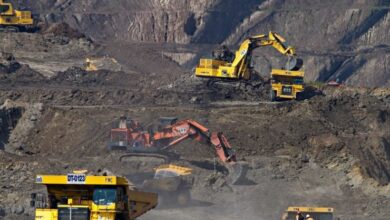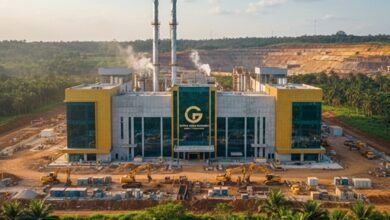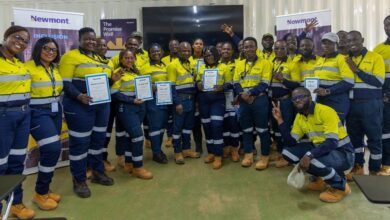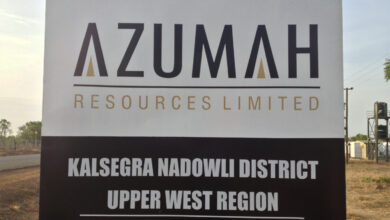Galamsey Fight Stuck Between Politics and Policy – Bright Simons
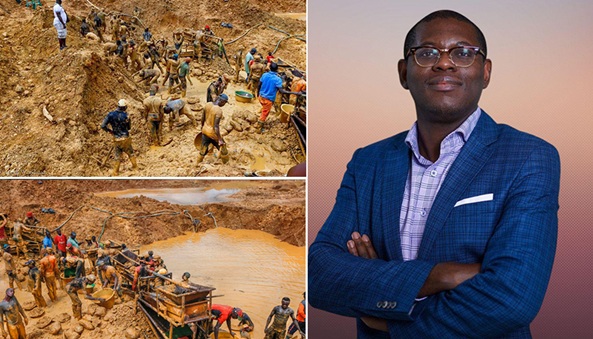
Vice President of IMANI Africa, Bright Simons, has warned that Ghana’s fight against illegal mining, popularly known as galamsey, remains far from winnable without a fundamental shift in national organisation and policy momentum.
According to him, the country’s approach of deploying security agencies and strengthening punitive measures has consistently failed to curb the menace, which continues to devastate water bodies, forests, and rural communities.
“Galamsey is not solvable at Ghana’s current level of national organisation. It doesn’t matter how many soldiers, police, or judges we throw at the issue,” he stated, adding that while political commitment may be gathering momentum, the real gap lies in the absence of coherent and sustained policy readiness.
A Persistent Struggle Across Governments
Illegal mining has posed a severe threat to Ghana’s environment and economy for decades, contaminating water bodies, degrading arable land, and undermining regulated mining.
During the administration of President John Dramani Mahama (2012–2016), government introduced the Inter-Ministerial Task Force on Small-Scale Mining, aimed at clamping down on illegal miners and deporting foreign nationals, particularly Chinese miners. Though well-intentioned, the initiative faced difficulties with weak enforcement, corruption, and political interference, which diluted its impact.
The succeeding government, led by President Nana Addo Dankwa Akufo-Addo (2017–2024), elevated the fight by launching Operation Vanguard in 2017, a joint police and military task force. This was complemented by the Inter-Ministerial Committee on Illegal Mining (IMCIM). President Akufo-Addo even declared he was willing to risk his presidency to end galamsey. However, corruption scandals, entrenched political interests, and a lack of viable alternatives for miners undermined the campaign.
Current Administration and Ongoing Challenges
With President John Dramani Mahama now back in office, the galamsey fight continues to dominate the national discourse. Despite the lessons from past interventions, the same structural weaknesses reflected by policy inconsistencies, lack of coordination, and weak institutional enforcement persist.
Bright Simons insists that Ghana must shift from firefighting measures to structured long-term policies that integrate land use planning, community development, and economic alternatives. Without such momentum, he warned, military operations and crackdowns will keep producing temporary wins that fail to deliver lasting results.
“Policy momentum and political will must go hand in hand. Until we move from slogans and ad hoc deployments to long-term structured policies, galamsey will remain Ghana’s most stubborn development challenge,” he said.
Lessons for the Future
The repeated failures underscore one hard truth: sustainable success in the fight against galamsey will only come through discipline in governance, institution-led reforms, and meaningful alternatives for small-scale miners.
For many Ghanaians, the ongoing environmental destruction and health risks linked to illegal mining highlight why the fight cannot afford to be lost again.

